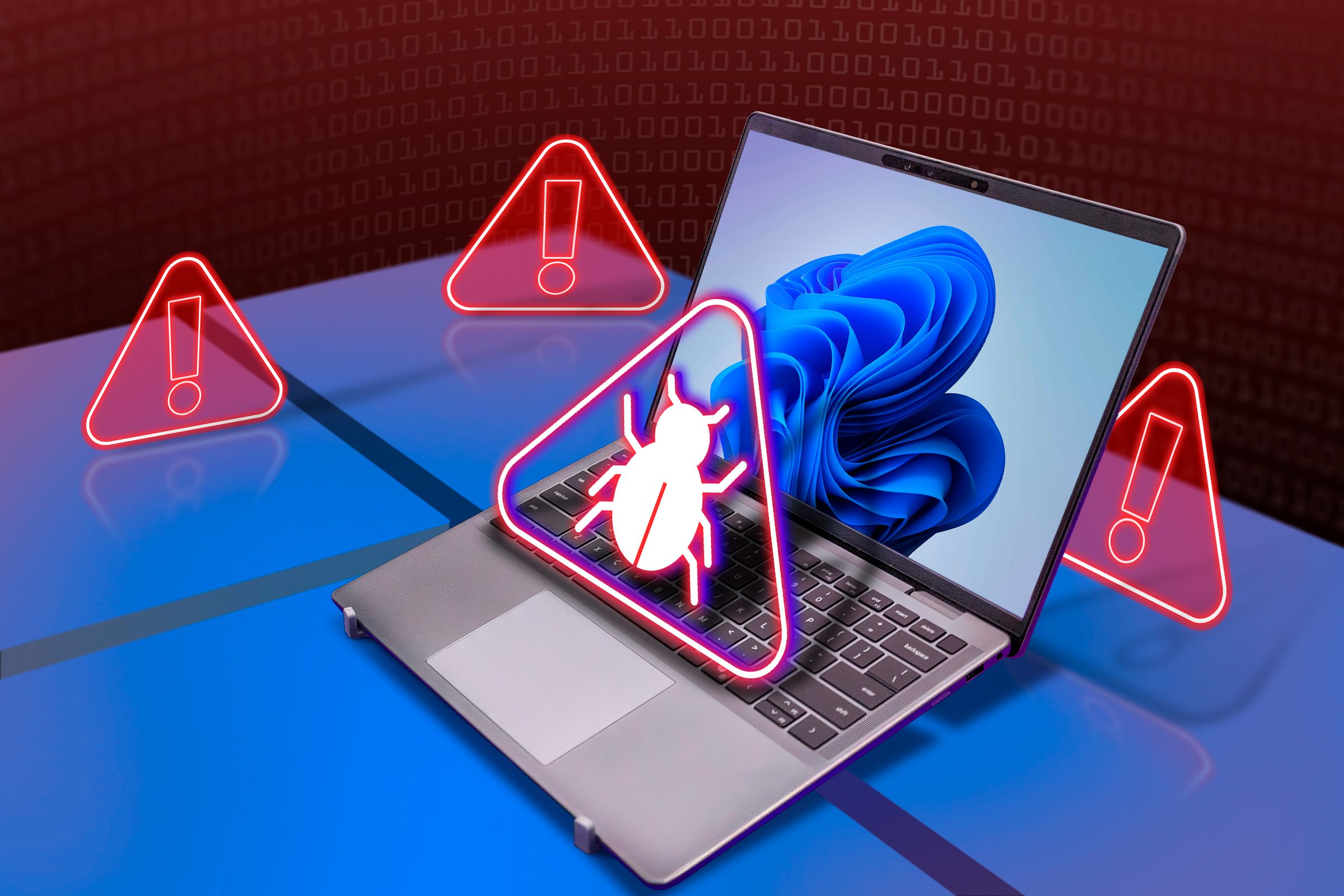You can save money with a free VPN, but is it worth it? Your data might just be the commodity being sold. Here’s what you need to know.
What “Free” Really Means in Tech
Free software in tech isn’t always truly free. Sure, there’s open-source software, but even those projects often offer paid services or extras. The same applies to VPNs—if a VPN service is free, chances are, you’re the product being sold.
How private and secure a VPN is really depends on the provider. Free VPN services usually keep logs, meaning your privacy isn’t really private—remember free VPN services are still businesses, and businesses need to make money somehow. What better way than to offer a free service and sell your data? Some paid VPNs can definitely be sketchy, but free ones? It’s definitely riskier. If you take your online privacy seriously, a reliable premium VPN is a safer choice. Many of them offer free trials.
Why Use a VPN?
People use VPNs for many reasons. Some use VPNs to keep their internet use private from their internet company, others use it to get around government censorship.
Not to be overlooked are the security advantages of being connected to a VPN. When you’re connected to public Wi-Fi networks, VPNs offer a crucial layer of protection that reduces the likelihood of certain security threats, including man-in-the-middle (MITM) attacks.
But here’s the thing—using a free VPN requires a large degree of trust in the provider. Although a VPN can stop your ISP or a public Wi-Fi administrator from monitoring your online activity, the VPN provider itself may still be doing the same thing. Your VPN provider can view the entire content of websites you visit that aren’t encrypted (that is, don’t use HTTPS). Some free VPN providers may even keep these logs and sell that data for profit.
If you’re using a free VPN, you’re basically shifting trust from your ISP to a VPN company you barely know much about. Is that really an improvement to not using a VPN at all?
But I Don’t Want to Pay for a VPN
I’m all for saving money—clipping coupons, canceling my streaming subscriptions—but online privacy? That’s one area where “free” can end up costing you a lot. Running a VPN service costs money—servers, bandwidth, maintenance, and even marketing. So why would a company give it away for free? The truth is, they aren’t.
If you prefer to set up your own VPN, you can do so by renting a server, installing a single VPN software, and connecting to it. However, there are other ways to set up your own VPN server. Sure, your hosting provider could still monitor your internet traffic. Choosing a trustworthy service is key and a reputable paid VPN is the way to go.
If You Need Speed, You Won’t Find It in a Free VPN
One of the biggest downsides of free VPNs? They’re slow. Really slow. Since they aren’t charging for their service, they often limit bandwidth, restrict server choices or just flat-out throttle speeds. With a paid VPN, you get way better performance: more servers, faster connections, and no bandwidth caps. Many providers also offer 99.9% uptime, so you’re not constantly getting disconnected.
Free VPN Apps Can Be Malicious
You’ll find tons of free VPN apps on Google Play and the Apple App Store, but honestly? I wouldn’t trust them. Using a free VPN comes with major risks. A study by Norton has shown that around 72% of free VPNs have tracking features, and 60% sell user data to third parties. Many free VPN apps also contain malware.
A VPN provider has access to a lot of sensitive data—your browsing activity, IP address, connection logs, device details, and DNS queries. This is just another reason why you need to pick a secure VPN provider. Even so, a VPN doesn’t guarantee perfect security. It’s just one part of it and you still need good cybersecurity habits. Keep software updated, use strong passwords, enable multifactor authentication, and stay informed on common online scams.
Why Paid VPNs Are Worth It
A solid paid VPN has real advantages over a free one. Security-wise, paid services typically use AES-256 encryption—one of the most advanced encryption methods available. Encryption can help protect your data, but if your device is compromised, attackers may still access it.
When looking for a VPN, pick one that uses AES-256 encryption, which is one of the most robust encryption methods available and also now the industry standard. A service that has trustworthy third-party reviews and a strict no-log policy is essential as well. I also recommend picking a VPN that has a kill switch, which automatically cuts your internet connection if the VPN disconnects, which prevents leaks.
Oftentimes, VPN providers will also offer privacy-focused payment options (such as Bitcoin, which can provide some anonymity if you take special measures), which is a good sign, though not a guarantee of absolute privacy.

ExpressVPN
Browse safely and privately online without busting your budget with TunnelBear VPN.If you’d like to test it out, it’s free version allows 2GB of secure browsing.
Beyond security, paid VPNs are just better to use: more servers, better speeds, and no annoying bandwidth restrictions. You can also usually count on more reliable customer support. If something goes wrong with a free VPN, you’re on your own. Paid VPNs offer real support—live chat, email, or even phone assistance. Also, since paid VPN companies have a financial incentive to keep customers happy, they’re always improving their services, adding security features, and being informed about potential threats.
I don’t know about you, but I’ll stick with a paid and reputable VPN. Remember, while VPNs enhance your online security, it’s just one piece of the puzzle.





